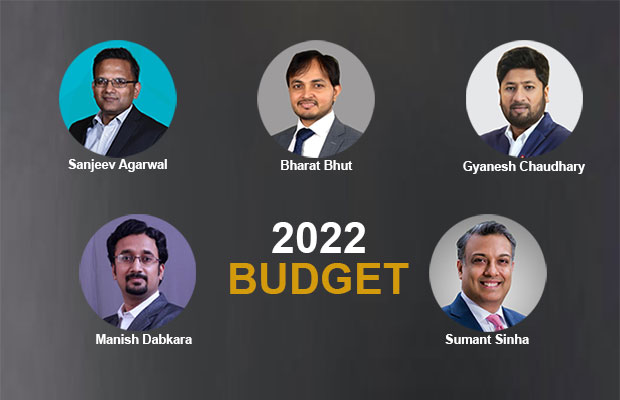In that situation, we check out the key industry demands from the renewable and related sectors, and consider the minimum satisfactory outcomes they will hope for .
Starting up, we have the domestic manufacturers, where Gyanesh Chaudhary, Vice Chairman and MD of of Vikram Solar, which has module manufacturing plants in West Bengal and Tamil Nadu now, has been consistently pitching for a supportive policy environment for domestic players.
Further, to encourage domestic solar manufacturers to build scale with quality, the government should consider capital subsidy of 50% for setting up R&D and Quality testing infrastructure within the manufacturing unit and super deduction of 200 % for R&D expenses for solar technology development.
Bharat Bhut, co-founder and founder at Gujarat based Goldi Solar echoes similar views for Budget 2022, adding that “Incentives and targeted policies for manufacturers of solar raw materials need to be introduced to ensure a strong and self-reliant domestic solar manufacturing ecosystem.
Amplus Solar’s CEO and Managing Director Sanjeev Agarwal, whose firm has a strong presence in the commercial and industrial segment for renewable energy, would like to see tax breaks for residential prosumers too.
International developers and manufacturers we spoke to, while speaking off the record, highlighted this challenge too, and expected to see more concrete measures this year when it comes to support for green hydrogen and at the discom end.
It should mandate more climate compliance for PSU projects, not just for meeting the country’s NDC targets, but also to ensure PSU’s benefit from the financial benefits such compliances can drive.
That means, finding funds for improving the country’s grid infrastructure, a clearer policy on green hydrogen development, and considering the faster than anticipated progress here, clearing out the road for faster adoption of storage, be it for electric vehicles or for power projects.
With massive PLI driven schemes for solar manufacturing and now battery storage already underway, the government is likely to wait before any further moves on the manufacturing side.
What is likely to be left unresolved is the issue of reduction of GST on renewable energy devices , which has been a long standing demand.
However, a long term focus does mean the government might opt to let there be some short term pain, possibly for developers, as it hopes for domestic manufacturing to rise to the occasion.
The government is likely to push Energy PSU’s further on the renewables path, with simpler rules and permissions.
